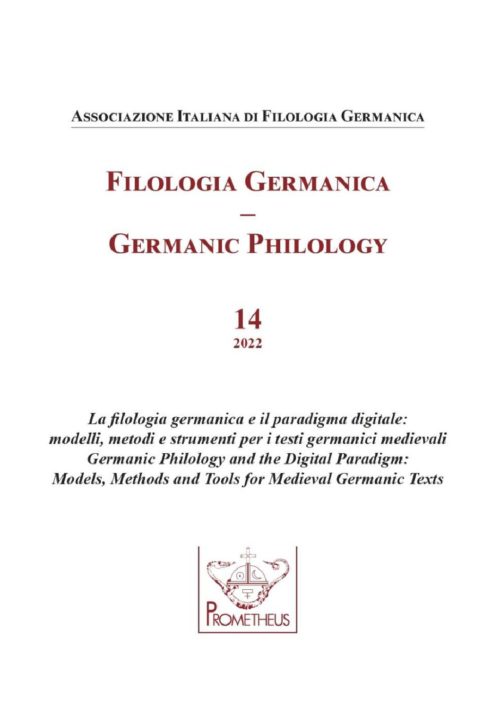A Computational Turn in Digital Philology Questions
DOI:
https://doi.org/10.14672/fg.v14i.2534Abstract
In this article we argue that digital scholarly editing still obeys a representational logic which prevents it from fully exploiting the potential of the digital medium. In fact, practices such as the encoding of data still lead to recording the results of the editorial work, consigning to oblivion the very essence of the latter, which, in our opinion, lies in the philologist’s knowledge and action. For this reason, we argue for a computational turn in philology, defining it as the use of performative code to model the processes at the basis of the creation of an edition (such as transcription, collation, stemmatological analysis, annotation etc.). It is our conviction that the introduction of programming in the realm of editing represents a major turning point in the history of philology, as it brings about a considerable increase in the accountability and reproducibility of the scholarly work, which are fundamental conditions for scientificity. To back up our arguments, we will propose two examples from our own work: the computational editions of the Early New High German version of Marco Polo’s travel account and of the Middle Dutch Of Reynaert the Fox. We will show the role and the advantages of computation in dealing with aspects such as normalisation and annotation of the texts, focusing in particularon the epistemological gains of our novel approach.
Pubblicato
Fascicolo
Sezione
Licenza

Questo lavoro è fornito con la licenza Creative Commons Attribuzione - Condividi allo stesso modo 4.0.
CC-BY-SA



